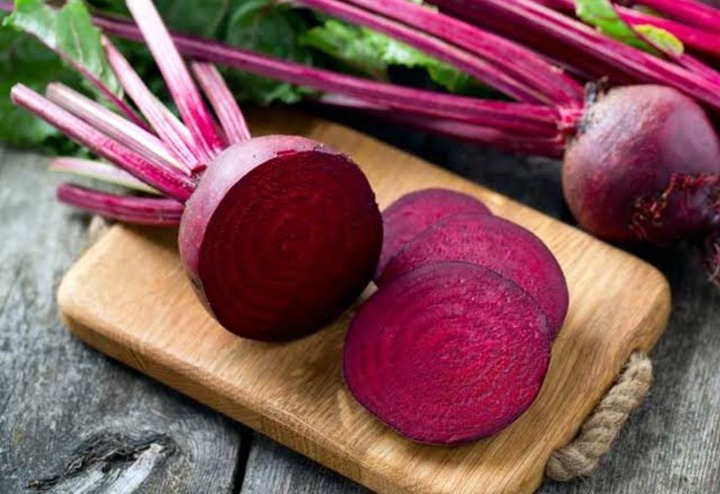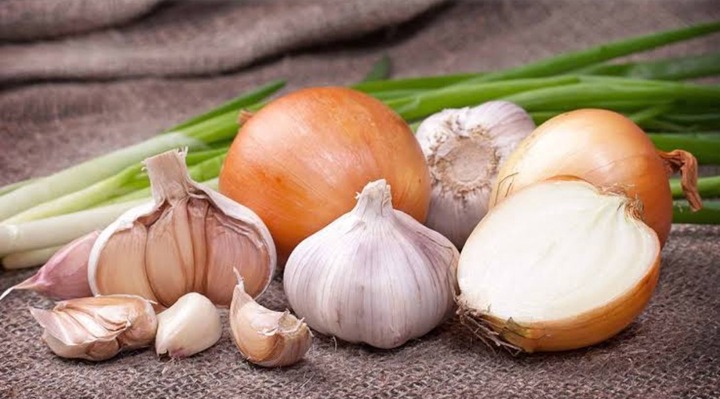No matter how hard you try to fight body odor, that putrid-smelling prespiration always seems to leave you drenched in stench at the worst possible moment. No one likes to stink, but everyone deals with it. When it comes to body odor, stress, your grooming routine, and certain health problems can all make an impact.
Depending on what you eat or drink and your personal body chemistry, it could produce a rather unpleasant order. It’s totally normal and, in some cases, you may not even notice it.
Here’s what to watch out for:
Beets
These red bulbs are high in methyl, so while they’re great for you and are rich in vital nutrients, they also pack a pungent punch. Foods high in methyl break down in your digestive system to create a chemical compound called trimethylamine or TMA. The compound is released onto your skin and creates a “fishy” smell that many people find repulsive.
 Asparagus
Asparagus
Asparagus doesn’t contribute to body odor so much as it alters how your urine smells after you eat it. Most everyone produces the stinky chemicals that are excreted in urine as their bodies break down asparagus, but interestingly, not everybody can smell the resulting odor.
Alcohol
Regular drinking might have some not-so-pleasant effects on your smell. Here’s what happens: When your tequila shots are absorbed into your body, the alcohol gets metabolised into acetate or acetic acid and this can be secreted into your sweat. When that acidic sweat is metabolised by skin bacteria, it can leave you with that signature “I went out last night” scent.
 Allium vegetables
Allium vegetables
Allium vegetables are specific types of veggies that are high in sulfur-containing compounds. You just might have some in your crisper or on your countertop right now: the most popular are onions, garlic, leeks, and scallions. The allium family contains elevated levels of sulfur-containing compounds that can leach through our pores, bloodstream, and urine, give us bad breath, and combine with bacteria in our sweat for a not-so attractive body odor.

 Entertainment5 days ago
Entertainment5 days ago
 Health1 week ago
Health1 week ago
 Health4 days ago
Health4 days ago
 Football1 week ago
Football1 week ago
 Football1 week ago
Football1 week ago
 Crime4 days ago
Crime4 days ago
 Education6 days ago
Education6 days ago
 Crime1 week ago
Crime1 week ago

